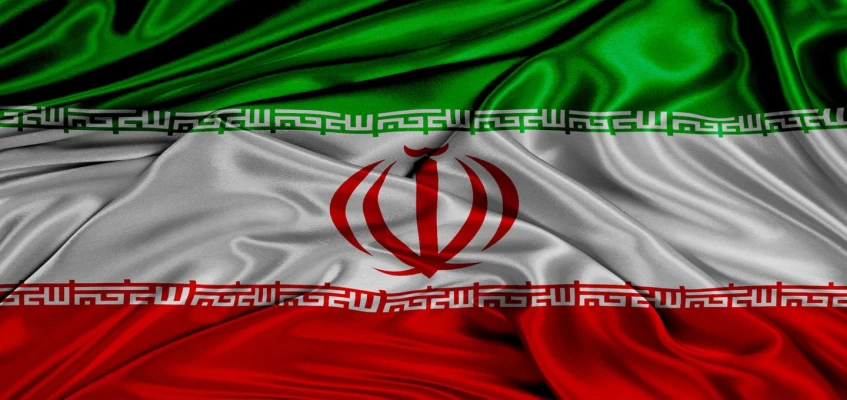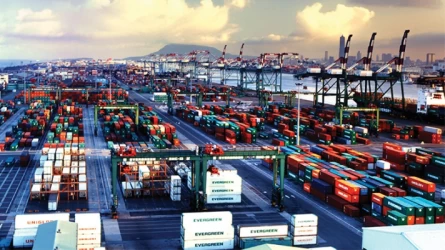Exporting Goods to Iran
Exporting goods to Iran can be a lucrative opportunity for businesses, but it requires a thorough understanding of the regulations, cultural considerations, and logistical nuances involved. This guide will provide you with essential information to navigate the complexities of exporting to Iran.
1. Understanding Sanctions and Regulations
Before exporting to Iran, it’s crucial to be aware of the international sanctions and regulations that may affect your business. The U.S. Office of Foreign Assets Control (OFAC) administers sanctions against Iran, which can impact various sectors. It’s important to stay updated on these regulations to ensure compliance and avoid potential penalties.
2. Identifying Export Opportunities
Despite the sanctions, there are still numerous opportunities for exporting goods to Iran. Key sectors include:
- Agriculture: Iran has a significant demand for agricultural products, including machinery, seeds, and fertilizers.
- Healthcare: Medical devices, pharmaceuticals, and healthcare equipment are in high demand.
- Food and Beverages: Processed foods, beverages, and food processing equipment are popular export items.
3. Navigating Customs and Import Procedures
Understanding Iran’s customs clearance process is essential for smooth transactions. Here are some key steps:
- Documentation: Ensure all necessary documents, such as invoices, packing lists, and certificates of origin, are prepared accurately.
- Tariffs and Duties: Be aware of the tariffs and duties applicable to your goods. These can vary based on the type of product and its value.
- Inspection and Compliance: Goods may be subject to inspection to ensure they meet Iranian standards and regulations.
4. Shipping and Logistics
Shipping goods to Iran involves several logistical considerations:
- Shipping Routes: Choose reliable shipping routes and carriers that have experience with Iranian imports.
- Packaging: Ensure your goods are packaged securely to withstand the journey and comply with Iranian packaging standards.
- Insurance: Obtain comprehensive insurance coverage to protect your shipment against potential risks.
5. Cultural Considerations
Understanding and respecting Iranian culture can enhance your business relationships:
- Business Etiquette: Building trust and personal relationships is crucial in Iranian business culture. Face-to-face meetings and formal greetings are important.
- Language: While many business professionals in Iran speak English, having materials translated into Persian (Farsi) can be beneficial.
- Negotiation Style: Be prepared for lengthy negotiations and be patient. Iranians value thorough discussions and consensus-building.
6. Financial Transactions
Due to sanctions, financial transactions with Iran can be challenging. Here are some tips:
- Payment Methods: Use secure and compliant payment methods. Letters of credit and escrow services can provide additional security.
- Banking Channels: Work with banks that have experience in handling transactions with Iran and are aware of the regulatory requirements.
Conclusion
Exporting goods to Iran offers significant opportunities, but it requires careful planning and adherence to regulations. By understanding the legal landscape, identifying key sectors, navigating customs procedures, and respecting cultural nuances, businesses can successfully tap into the Iranian market.
If you have any specific questions or need further assistance, feel free to ask!











